Below is a simplified flow of the http request pipeline for asp.net-core:
A request comes into the server, a context gets created for the request, and the authentication middleware is able to authenticate a user and place the object on the HttpContext for use in the business logic.
How can I implement an Amqp Server on dotnetcore that could serve and respond to requests from (for example) a RabbitMq server? Outside of the message protocol, I would like to keep most of the features/middleware available on the http pipeline (such as the authentication middleware).

